iammacktyson
TPF Noob!
- Joined
- Dec 11, 2010
- Messages
- 1
- Reaction score
- 0
- Location
- Miami
- Can others edit my Photos
- Photos OK to edit
Hello everyone, this is my first post on this forum and I've been looking all over the internet trying to figure this out. I'm going to be purchasing 3 flash guns and umbrellas for a strobist set-up to use indoors/outdoors, and a light meter. I would like to have the lighting already set up and exposure calculated before the model arrives to my home studio. Also being able to set up the next shot while the model is doing make-up etc. would be nice. How can I use my light meter to get proper exposure sorted out on my own. I can't afford Pocket Wizards which can be triggered by the light meter. I'll be using ebay triggers. Do I have no other option but to have the model hold the meter while I try to get the exposure right?
I hope a explained my situation clearly, all help is greatly appreciated, I wanna get this figured out before I purchase any equipment.
I hope a explained my situation clearly, all help is greatly appreciated, I wanna get this figured out before I purchase any equipment.


 , so I changed it to fool. :thumbup:
, so I changed it to fool. :thumbup:
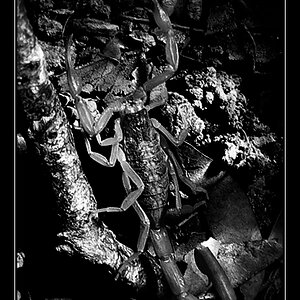

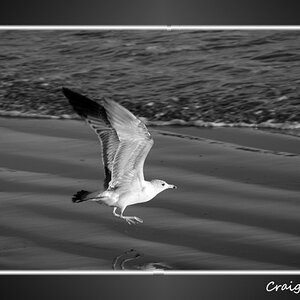
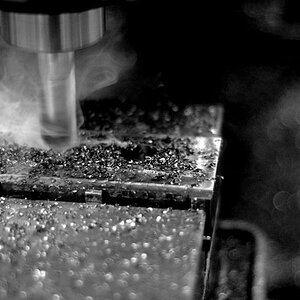
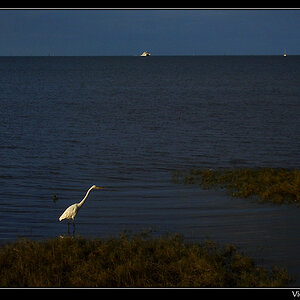
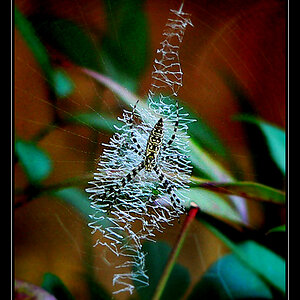
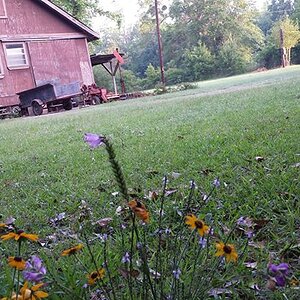
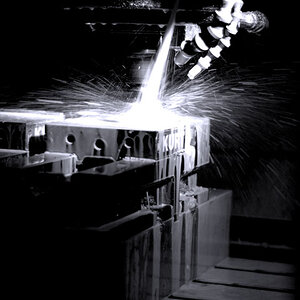
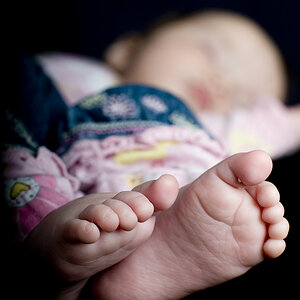
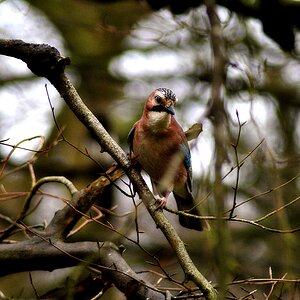
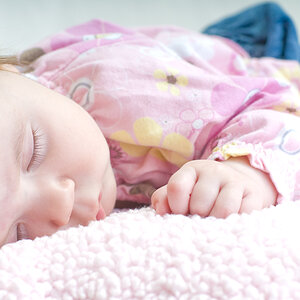
![[No title]](/data/xfmg/thumbnail/37/37657-01deca3769b38b716838942ccbfce66a.jpg?1619738172)